Classics
Classics are distinguished by their enduring popularity, cultural significance, and timeless themes. They often feature complex characters, rich symbolism, and explore universal truths.
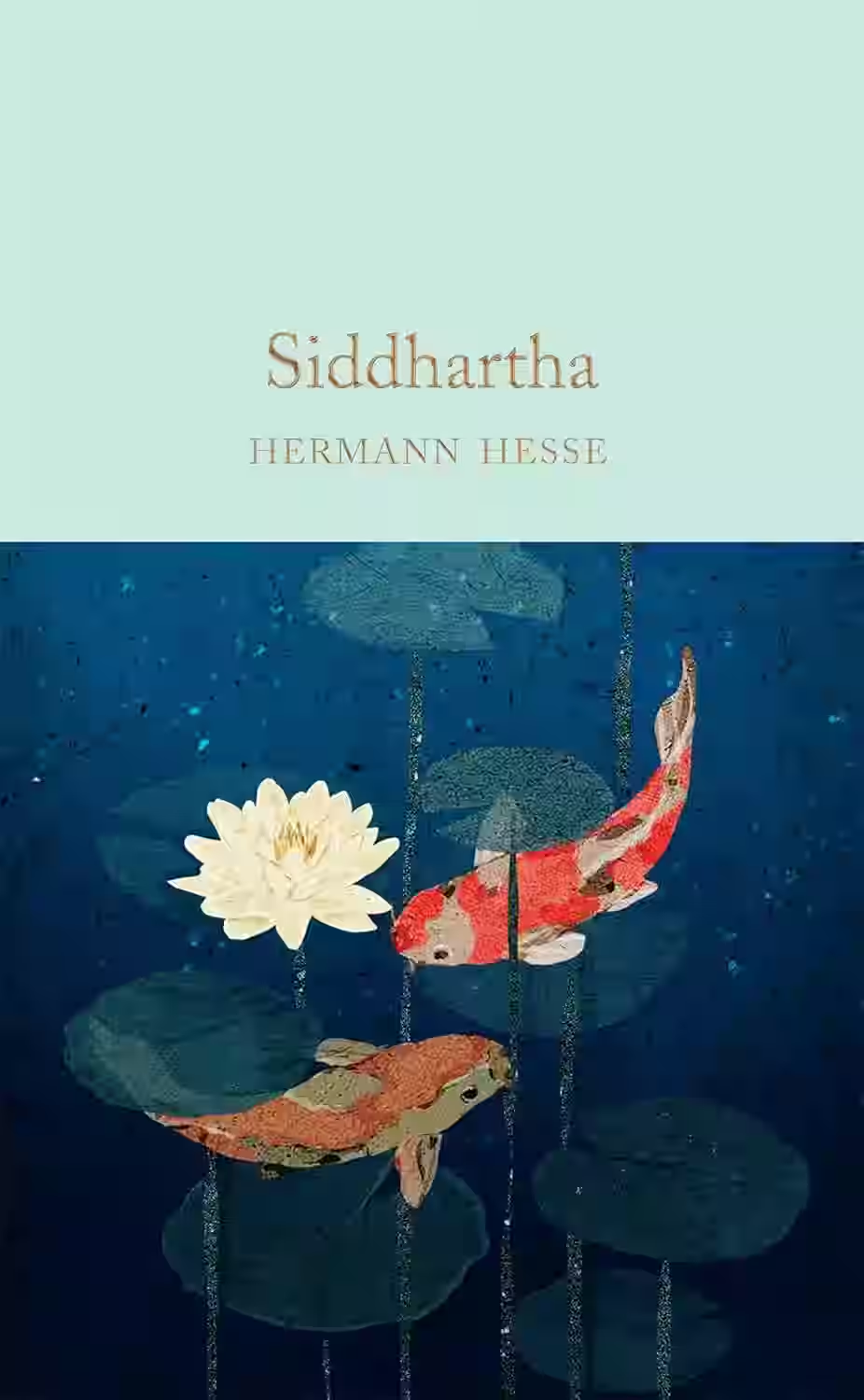
Siddhartha
Hermann Hesse's 'Siddhartha' is a timeless exploration of self-discovery and spiritual enlightenment. Set in ancient India, the novel follows Siddhartha's quest for meaning beyond material wealth and societal expectations. Through encounters with different philosophers, ascetics, and a courtesan, Siddhartha learns valuable lessons about the nature of existence, the pursuit of wisdom, and the interconnectedness of all beings. Hesse's lyrical prose and profound insights make this a deeply contemplative and introspective read, inviting readers to reflect on their own paths to fulfillment and enlightenment. 'Siddhartha' continues to inspire and resonate with readers across generations.
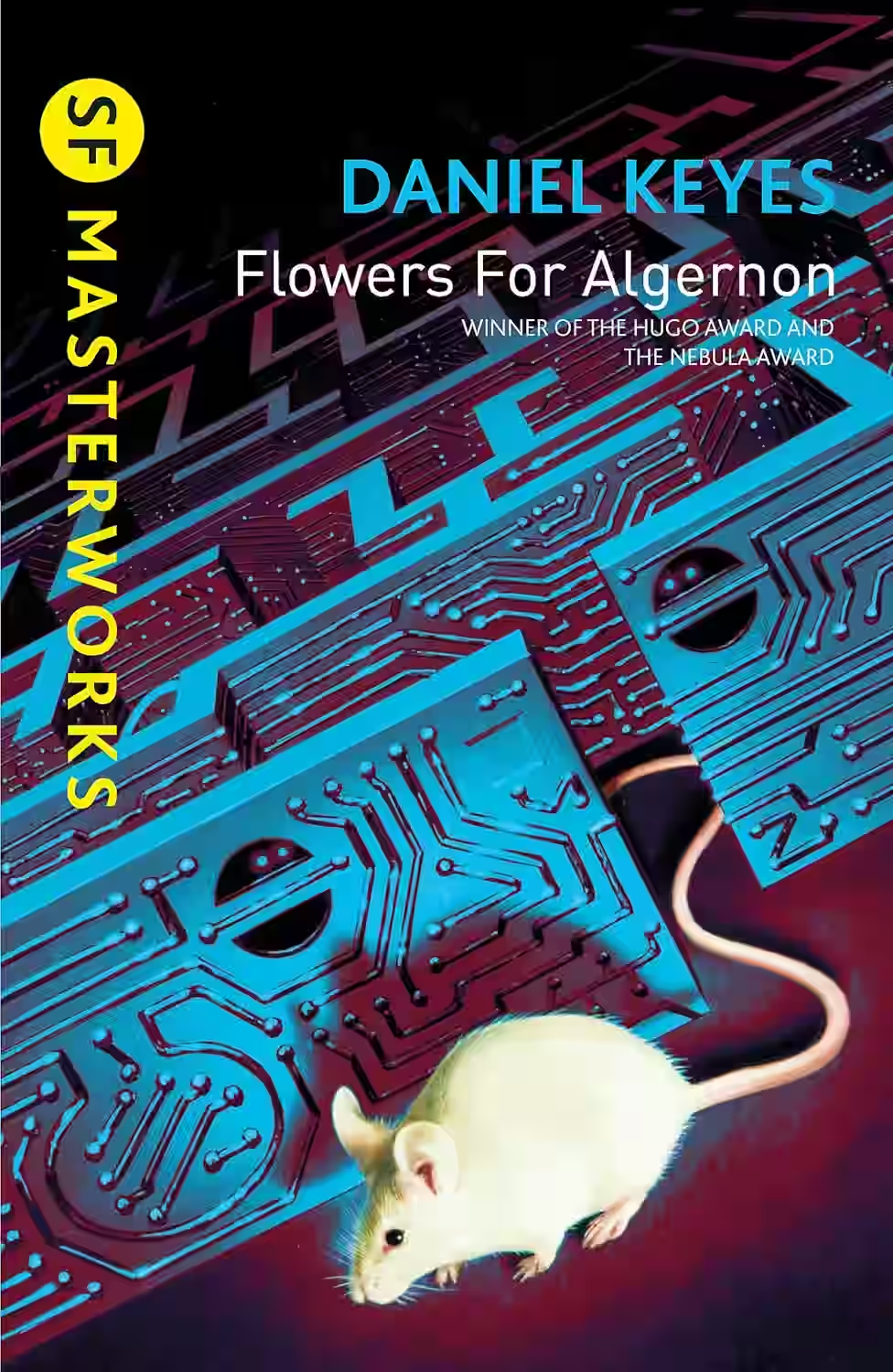
Flowers for Algernon
by Daniel Keyes
In Daniel Keyes' poignant novel 'Flowers for Algernon,' we journey alongside Charlie Gordon, a mentally disabled man whose life changes dramatically when he becomes the subject of an experimental surgery that enhances his intelligence. As Charlie's intellect grows, he grapples with his evolving relationships, deep existential questions, and the emotional complexities of his newfound self-awareness. The narrative powerfully examines themes of intelligence, humanity, loneliness, and the essence of being. Through Charlie's moving and introspective journey, Keyes explores the fragile nature of identity and the inherent human desire for connection and understanding.
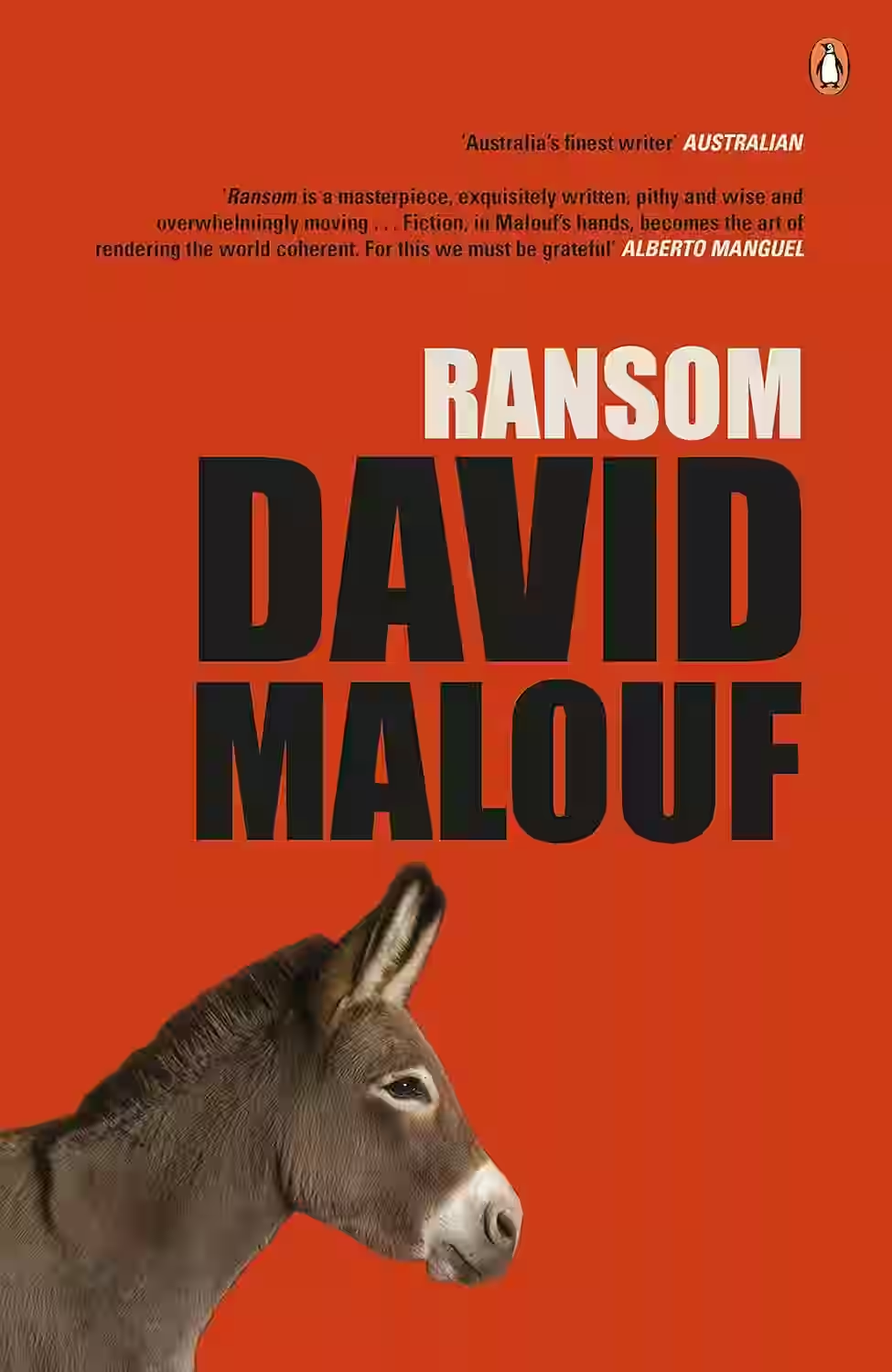
Ransom
by David Malouf
David Malouf's 'Ransom' offers a poignant reimagining of a brief, but pivotal episode in Homer's 'Iliad'. The novel focuses on King Priam of Troy's journey to retrieve the body of his slain son Hector from the Greek warrior Achilles. Malouf explores themes of grief, redemption, and the transformative power of human compassion. The narrative shifts between Priam's introspective reflections and Achilles' struggles with his own wrath and sorrow, delving into the interplay of fate and vulnerability in the face of monumental loss. Malouf's lyrical prose and deep empathy for his characters render this tale not just a retelling, but a profound meditation on the potential for change and understanding even amidst the chaos of war.
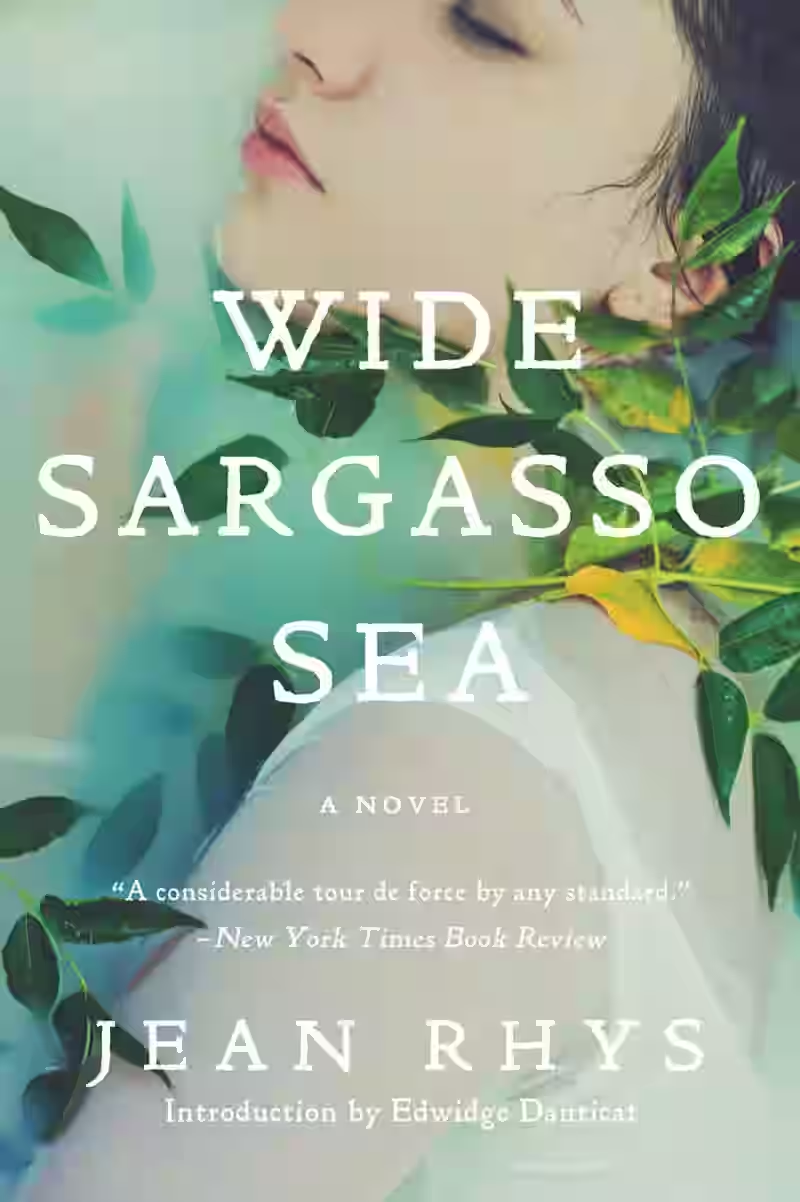
Wide Sargasso Sea
by Jean Rhys
Jean Rhys's 'Wide Sargasso Sea' is a gripping and thought-provoking novel that serves as a prequel to Charlotte Bronte's 'Jane Eyre.' Set in Jamaica, it delves into themes of colonialism, racial identity, and madness through the character of Antoinette Cosway, who is later known as Bertha Mason in 'Jane Eyre.' The story explores Antoinette's struggles with her Creole heritage, oppressive societal norms, and her descent into madness. Rhys masterfully weaves a tale of love, betrayal, and loss, offering a fresh perspective on a classic literary character. 'Wide Sargasso Sea' is a haunting and powerful narrative that challenges traditional narratives and leaves a lasting impact on its readers.
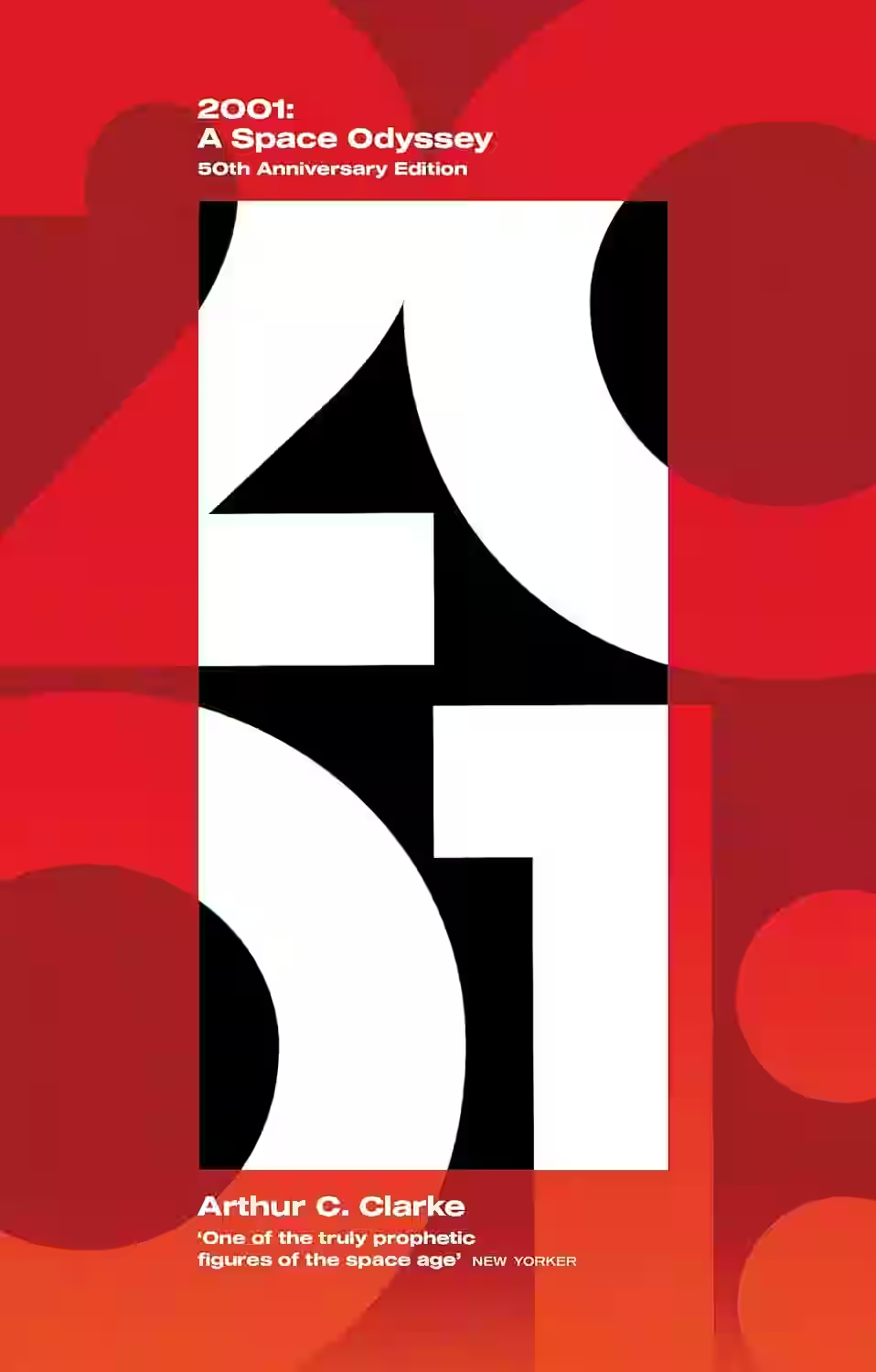
2001: A Space Odyssey
Arthur C. Clarke's '2001: A Space Odyssey' is a groundbreaking science fiction masterpiece that explores themes of evolution, technology, and the existence of extraterrestrial life. The novel follows the journey of a crew on a space mission to investigate a mysterious, alien monolith that may hold the key to humanity's place in the universe. As they traverse the vast reaches of space, encountering the enigmatic computer HAL 9000, the crew grapples with questions of identity, consciousness, and the nature of intelligence. Clarke's visionary storytelling and scientific accuracy have cemented this novel as a classic of the genre, inspiring generations of readers and influencing countless works of science fiction.
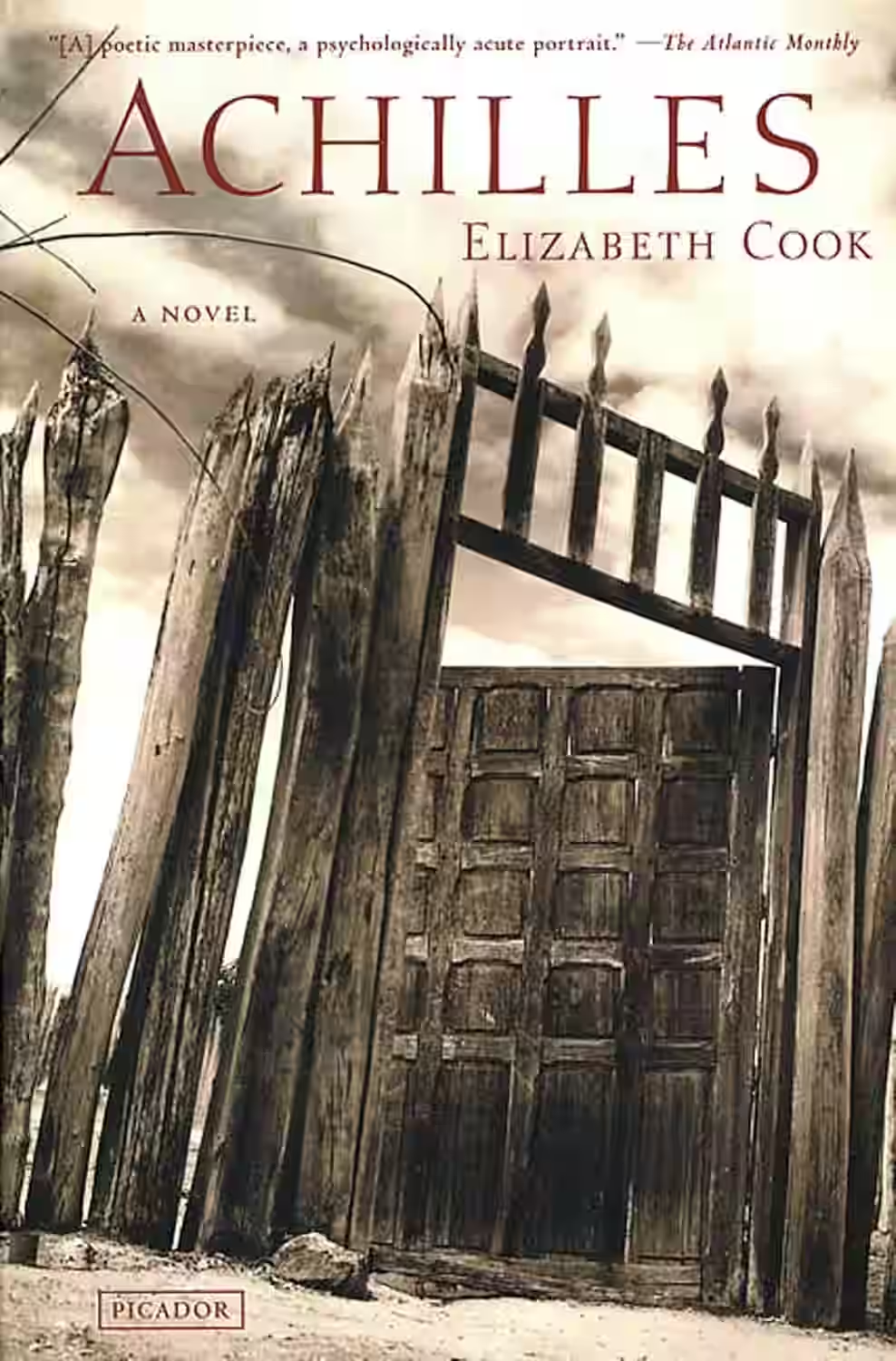
Achilles: A Novel
Elizabeth Cook's 'Achilles: A Novel' reimagines the timeless legend of the Greek hero Achilles, blending myth with modern sensibilities to create a hauntingly beautiful narrative. Through lyrical prose, the novel delves deep into themes of love, destiny, and the inescapable pull of fate that surrounds the protagonist. Cook explores Achilles' complex relationships, particularly with Patroclus and Briseis, bringing emotional depth and nuance to these timeless characters. The story elegantly balances tragedy and introspection, providing a fresh perspective on his heroism and vulnerabilites. Cook’s ability to juxtapose the epic with the intimate makes this retelling both moving and thought-provoking.
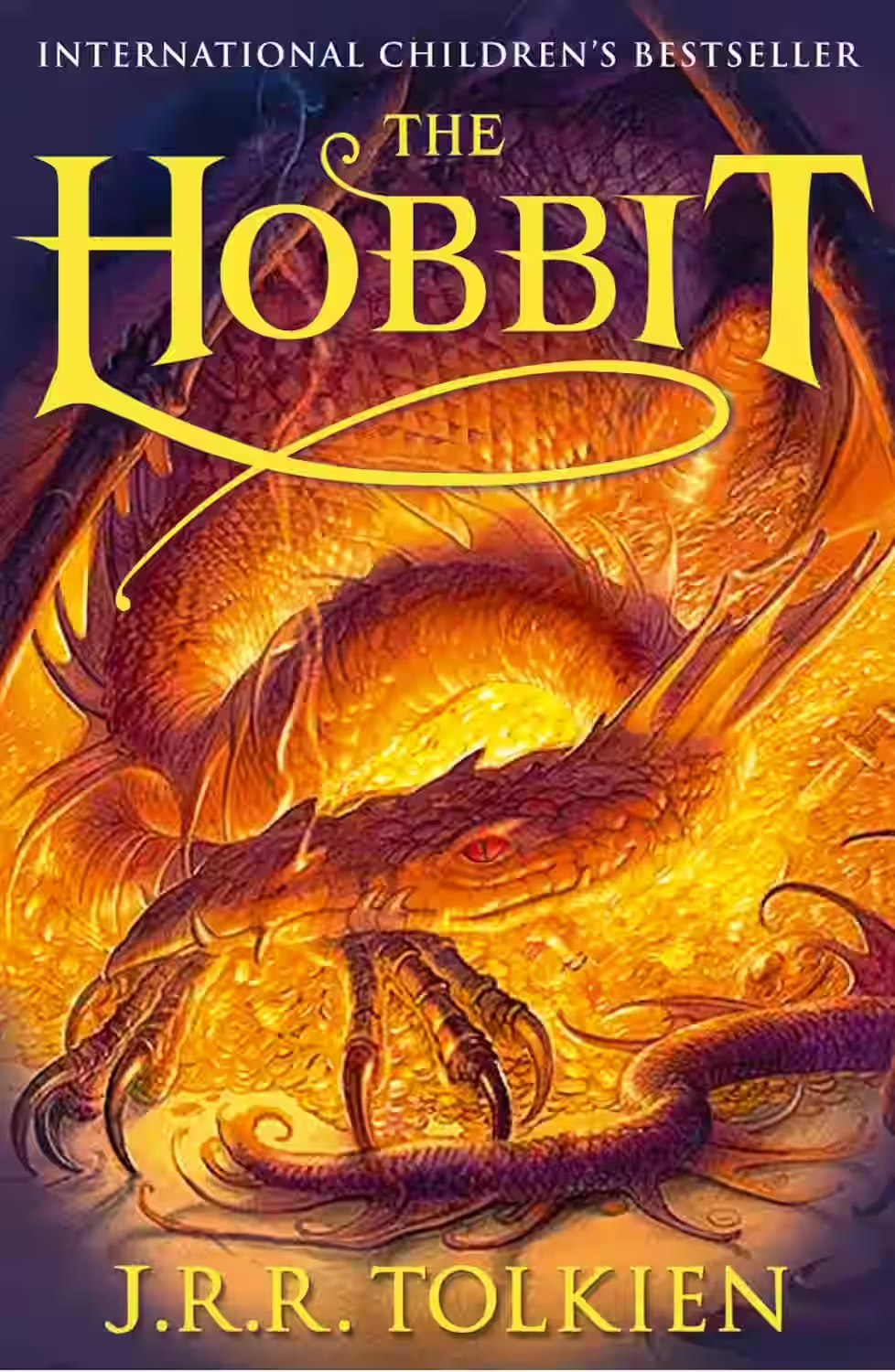
The Hobbit
J.R.R. Tolkien's 'The Hobbit' takes readers on an epic adventure through Middle-earth, following the unlikely hero Bilbo Baggins as he joins a group of dwarves on a quest to reclaim their homeland from the fearsome dragon Smaug. Along the way, Bilbo encounters trolls, elves, goblins, and a mysterious creature named Gollum, all while discovering bravery and resourcefulness he never knew he possessed. This timeless tale of courage, friendship, and self-discovery is a classic in the fantasy genre, filled with rich world-building, memorable characters, and themes of heroism and the battle between good and evil.
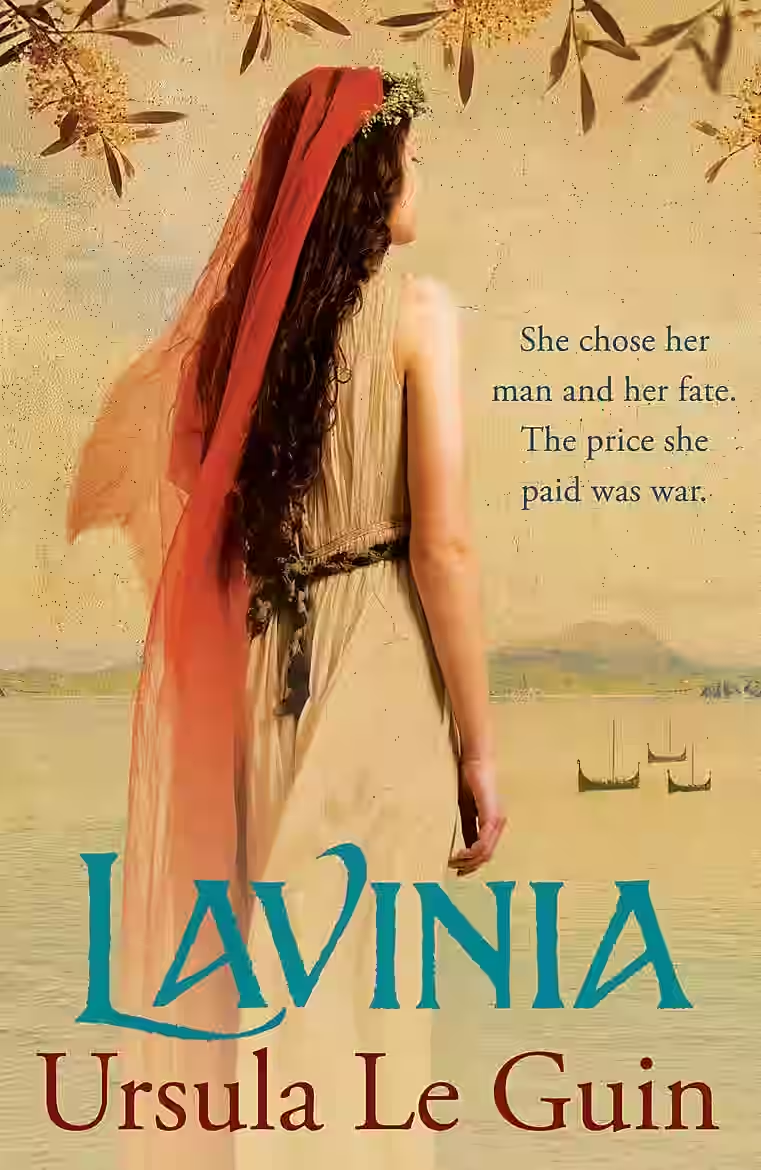
Lavinia
Ursula K. Le Guin's "Lavinia" breathes life into a briefly mentioned character from Virgil's epic, the Aeneid. In this novel, Lavinia, a princess of Latium, finally gets her own story, stepping out of the shadows to narrate in a first-person perspective. The novel beautifully blends historical fiction with mythological elements, offering a fresh narrative that explores themes of fate, autonomy, and the struggles of self-definition. Through Lavinia's eyes, the reader is drawn into the era's political intrigues and personal desires. Le Guin's masterful writing invites reflection on the nature of truth and the legacy of stories untold. Her evocative prose and richly detailed settings envelop the audience in a bygone world that echoes with both personal and epic echoes, making it an essential read for fans of historical and mythological fiction.
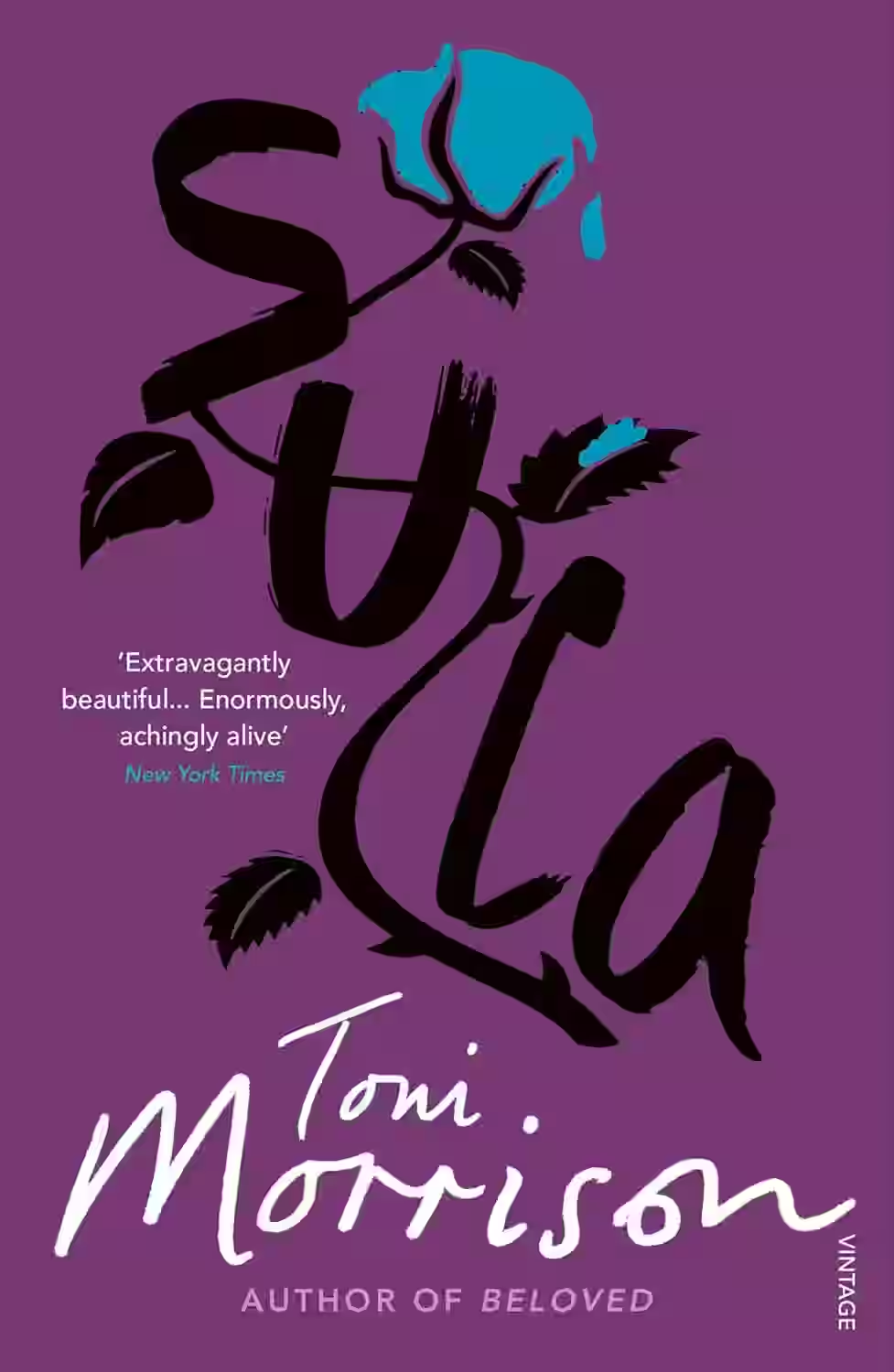
Sula
Toni Morrison's 'Sula' is a powerful exploration of friendship, womanhood, and the complexities of human relationships set in the close-knit community of the Bottom in Ohio. The novel follows the diverging paths of Nel Wright and Sula Peace, two young Black girls whose deep bond is tested by societal norms, personal choices, and the consequences of their actions. Through lyrical prose and vivid storytelling, Morrison delves into themes of betrayal, identity, and the search for autonomy, ultimately challenging traditional notions of good and evil. 'Sula' is a poignant and thought-provoking work that lingers in the reader's mind long after the final page.
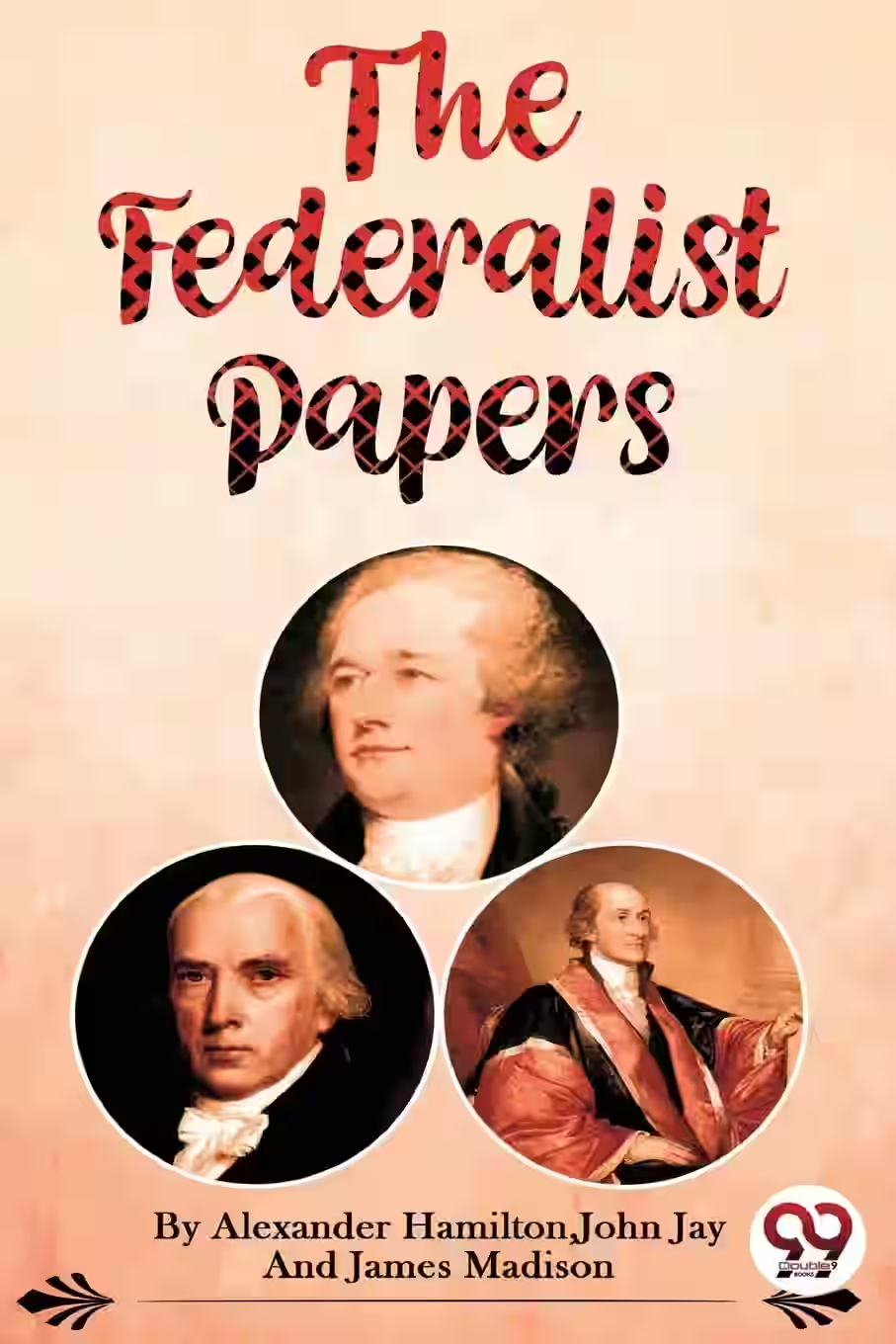
The Federalist Papers
by Alexander Hamilton, James Madison, John Jay
In 'The Federalist Papers,' a collection of essays penned by Alexander Hamilton, James Madison, and John Jay, the authors fiercely advocate for the ratification of the United States Constitution, defending its principles and addressing concerns about its implementation. Touching on key themes like the benefits of a strong central government, the importance of checks and balances, and the dangers of factions, this influential work laid the groundwork for interpreting the Constitution and understanding the intentions of the framers. With eloquent arguments and profound insights into political philosophy, 'The Federalist Papers' remains a vital resource for students of American history and government.
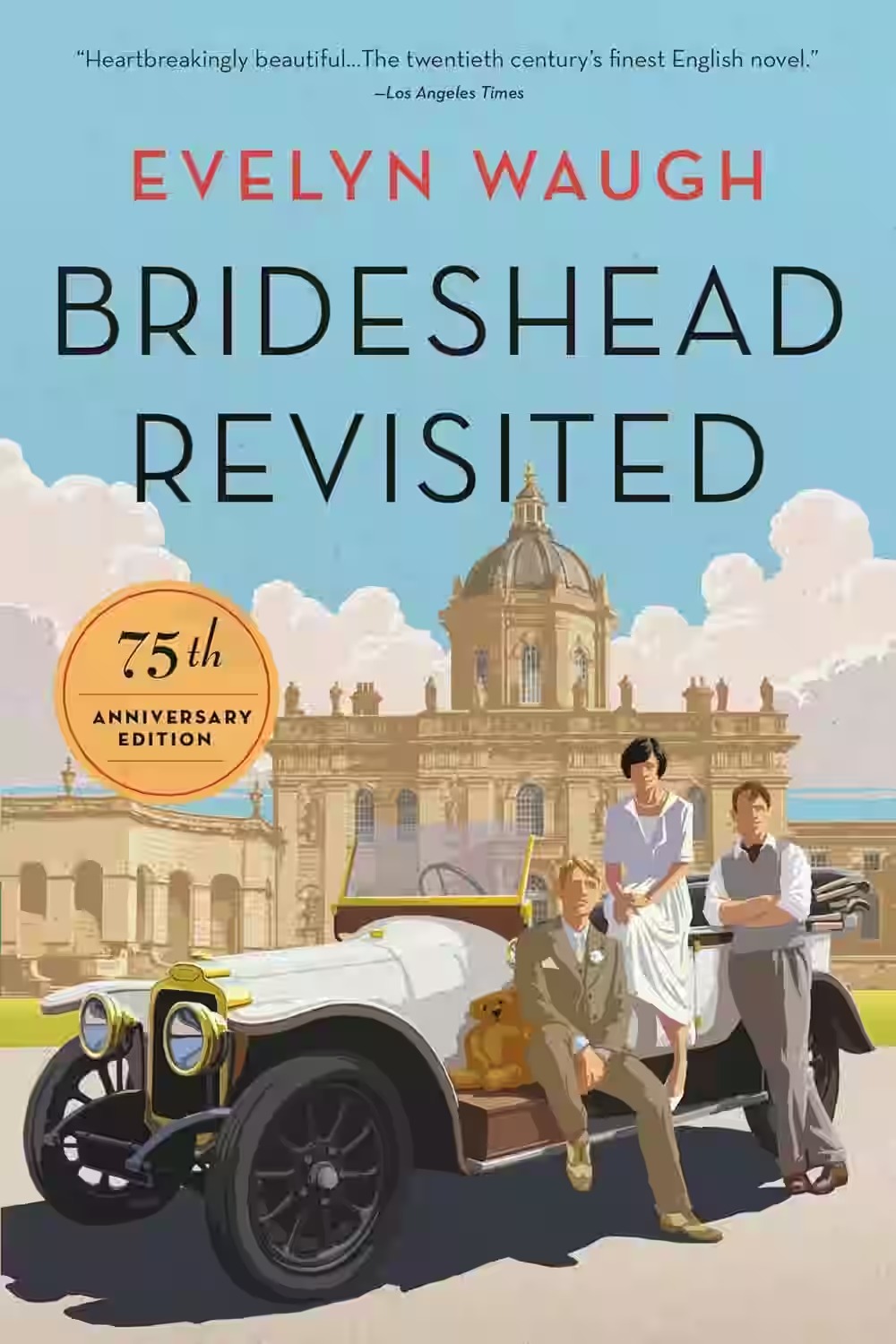
Brideshead Revisited
by Evelyn Waugh
Evelyn Waugh's 'Brideshead Revisited' masterfully captures the essence of nostalgia and the complexities of class and religion in early 20th-century England. The novel follows Charles Ryder, an artist and army officer, as he reflects on his youth and intricate relationship with the aristocratic Flyte family. At its core, it is a poignant exploration of faith, love, and memory, set against the backdrop of the opulent Brideshead Castle. Through Waugh's lyrical prose, the narrative scrutinizes the decline of the British aristocracy and the relentless march of modernity. With its richly drawn characters and a profound sense of loss, it remains a classic meditation on the passage of time and the enduring pull of the past.
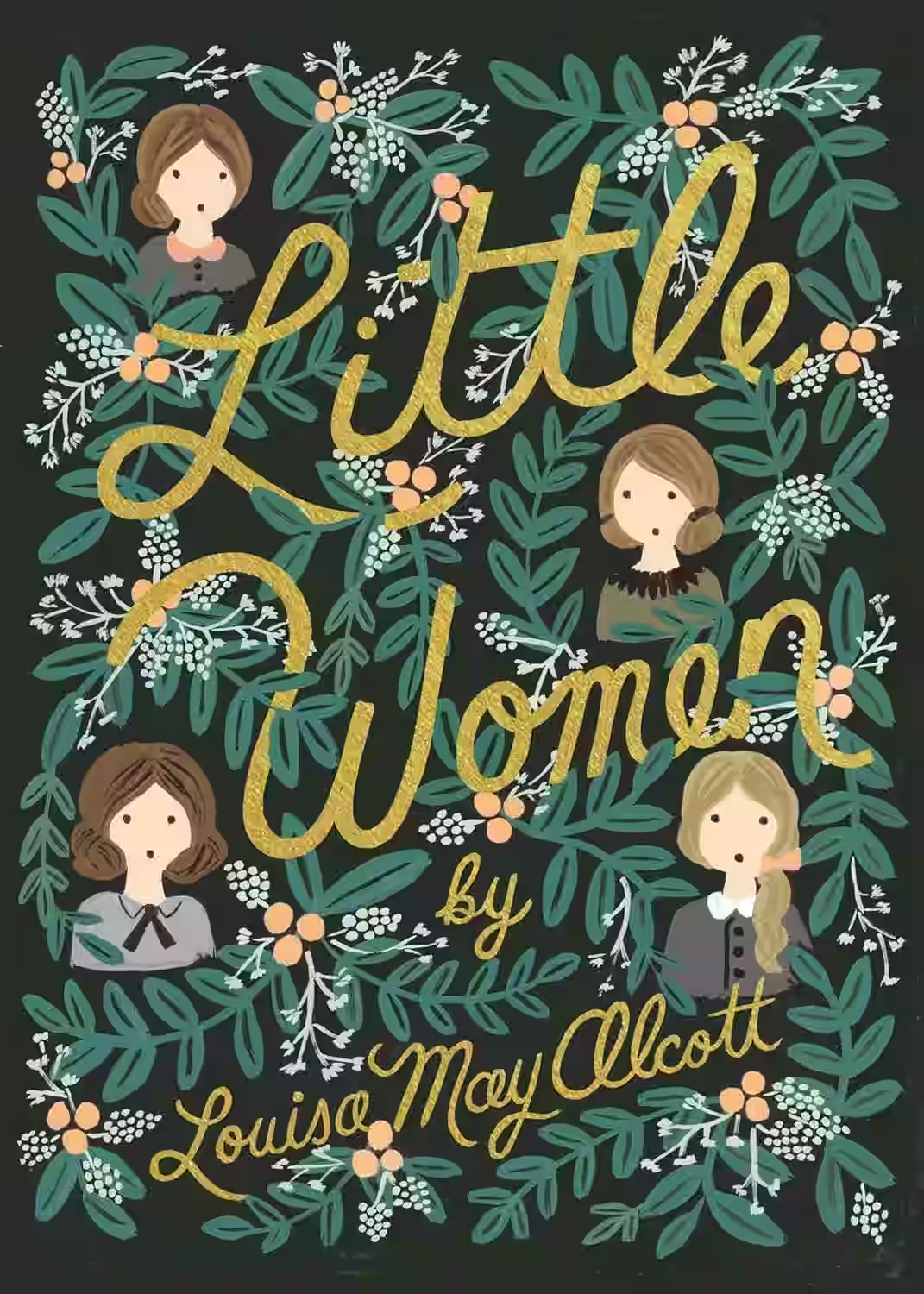
Little Women
Louisa May Alcott's 'Little Women' is a timeless classic that follows the March sisters - Meg, Jo, Beth, and Amy - as they navigate love, loss, and the trials of growing up during the Civil War era. Through their individual journeys, the novel explores themes of sisterhood, feminism, societal expectations, and the pursuit of one's dreams. Jo, in particular, stands out as a resilient and ahead-of-her-time character, challenging traditional gender roles. Alcott's beautiful and poignant writing style draws readers into the March family's world, evoking both laughter and tears. 'Little Women' remains a beloved coming-of-age story that continues to inspire readers of all ages.

The Razor's Edge
In W. Somerset Maugham's classic novel "The Razor's Edge," readers are taken on a journey following the life of Larry Darrell, a World War I veteran in search of meaning and truth. The story delves into themes of spiritual enlightenment, personal growth, and the pursuit of one's essence. Through vibrant characters and rich narration, Maugham skillfully weaves a narrative that explores the societal constraints of the time and the individual quest for authenticity. Set against the backdrop of post-war uncertainty, the novel paints a poignant picture of self-discovery and the different paths one may take in the pursuit of happiness and fulfillment.
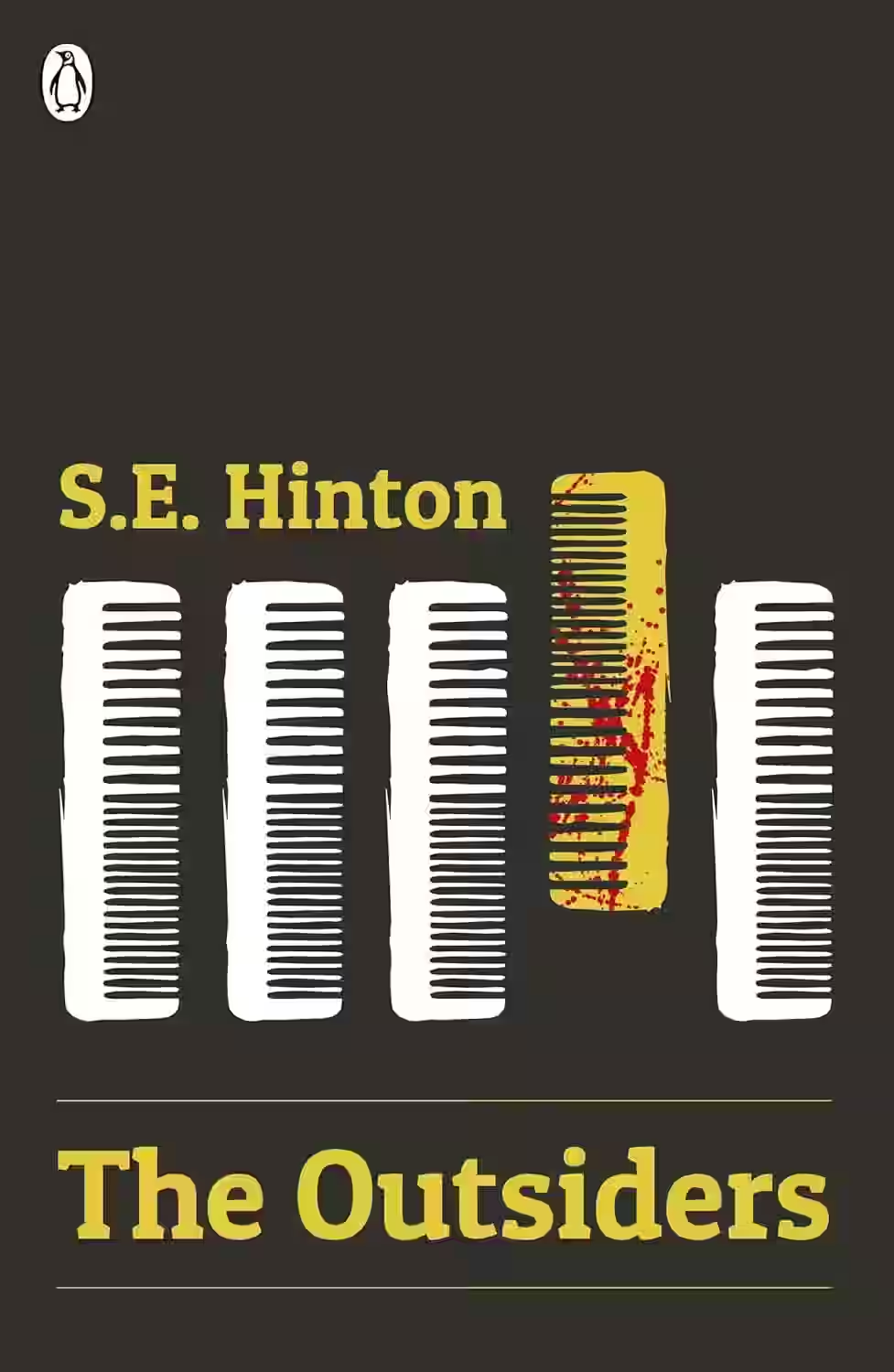
The Outsiders
In 'The Outsiders' by William N. Thorndike, readers are taken on a captivating journey through the world of unconventional CEOs who achieved remarkable success against all odds. Thorndike explores the strategic decisions and leadership qualities that set these outsiders apart, offering invaluable insights into the corporate world. Through engaging narratives and in-depth analysis, the book reveals the importance of thinking independently and taking calculated risks in business. Thorndike's storytelling prowess and insightful observations make 'The Outsiders' a must-read for anyone interested in entrepreneurship, leadership, and strategic decision-making.
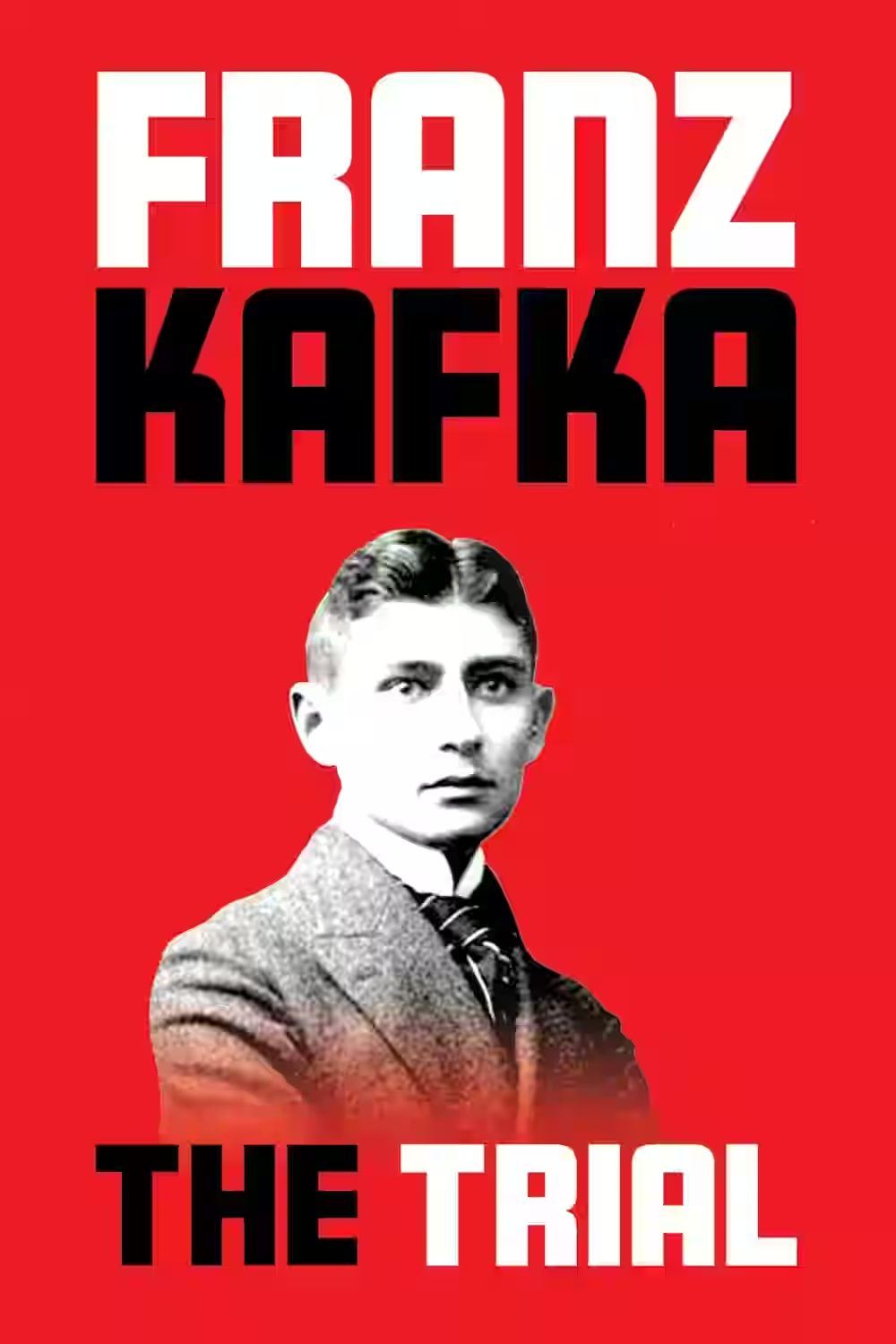
The Trial
by Franz Kafka
In Franz Kafka's 'The Trial,' readers are drawn into a haunting narrative that delves into themes of bureaucracy, alienation, and the absurdity of the legal system. The story follows Josef K., who is arrested and prosecuted by a mysterious court for a crime that is never disclosed. As he navigates a surreal and nightmarish world where he is confronted by elusive authorities and intricate procedures, Josef K.'s futile search for truth and justice mirrors the existential struggles of modern society. Kafka's enigmatic and atmospheric writing style captivates readers, leaving them pondering the nature of guilt, power, and the individual's place in a dehumanizing society.
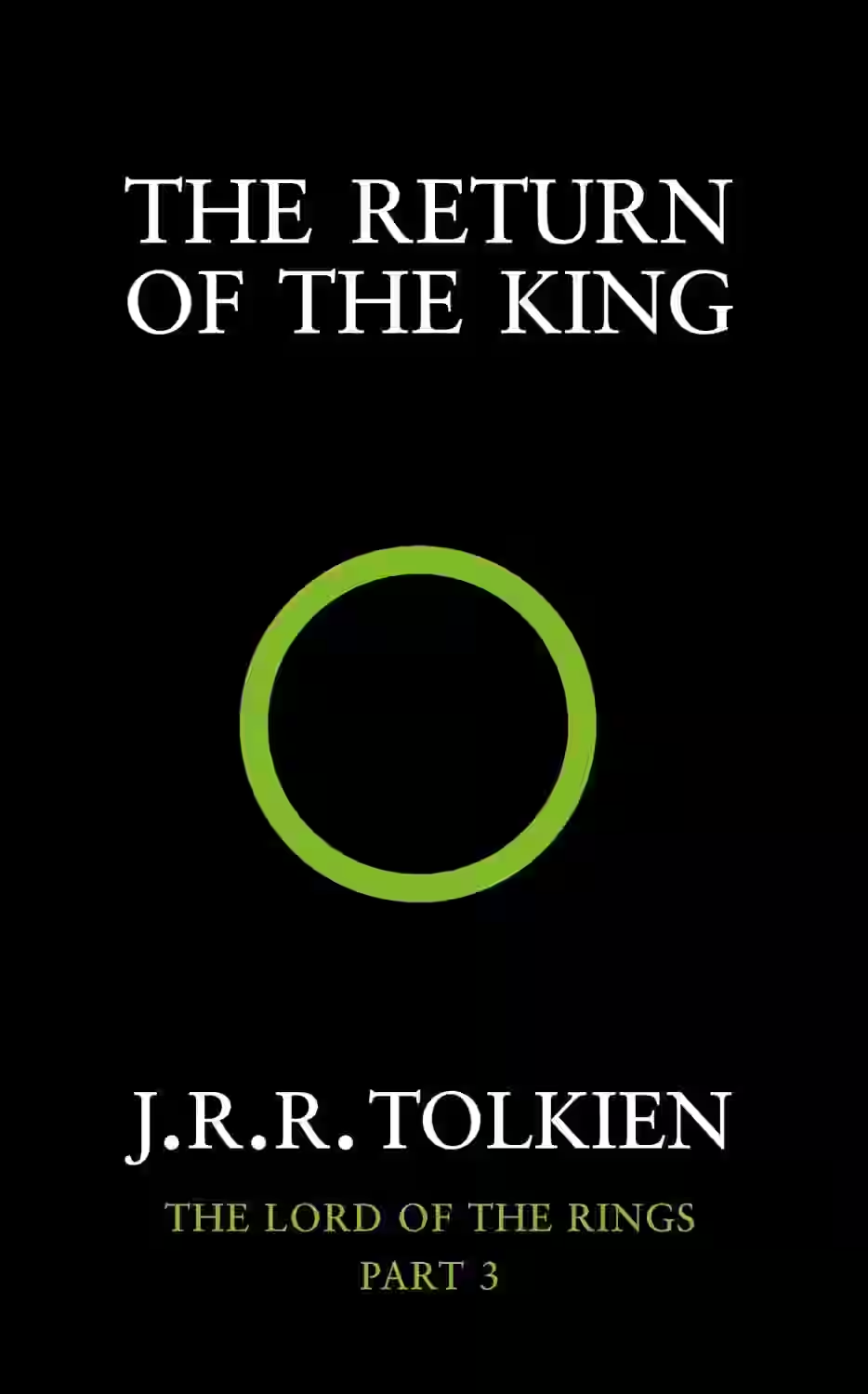
The Return of the King
Series: The Lord of the Rings (#3)
In J.R.R. Tolkien's epic conclusion to 'The Lord of the Rings' trilogy, 'The Return of the King' follows the gripping journey of Frodo, Sam, and the Fellowship as they strive to vanquish the looming darkness of Mordor. Packed with themes of friendship, loyalty, sacrifice, and the struggle between good and evil, the novel explores the depths of courage and resilience in the face of overwhelming odds. The narrative culminates in an epic battle for the fate of Middle-earth, weaving together intricate plots and vivid characters to create a timeless tale of heroism and redemption.
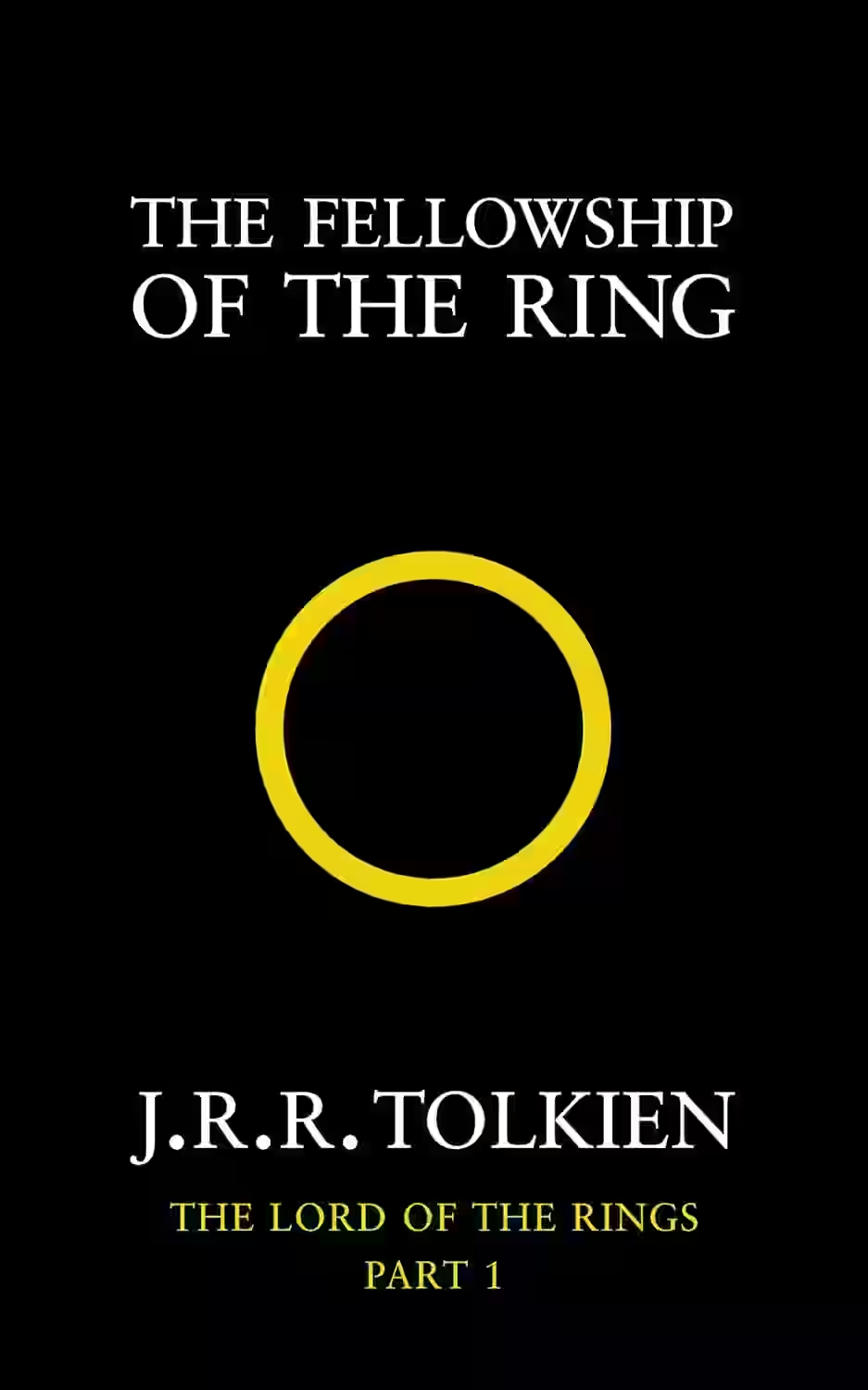
The Fellowship of the Ring
Series: The Lord of the Rings (#1)
J.R.R. Tolkien's 'The Fellowship of the Ring' is a timeless fantasy epic that introduces readers to the richly detailed world of Middle-earth. The story follows Frodo Baggins, a humble hobbit, who embarks on a perilous journey to destroy the One Ring and prevent the dark lord Sauron from enslaving the world. Along with a diverse fellowship including Gandalf the wizard, Aragorn the ranger, and Legolas the elf, Frodo navigates treacherous landscapes and faces formidable foes. Tolkien weaves themes of friendship, bravery, and the struggle between good and evil into a captivating narrative that has captivated readers for generations.
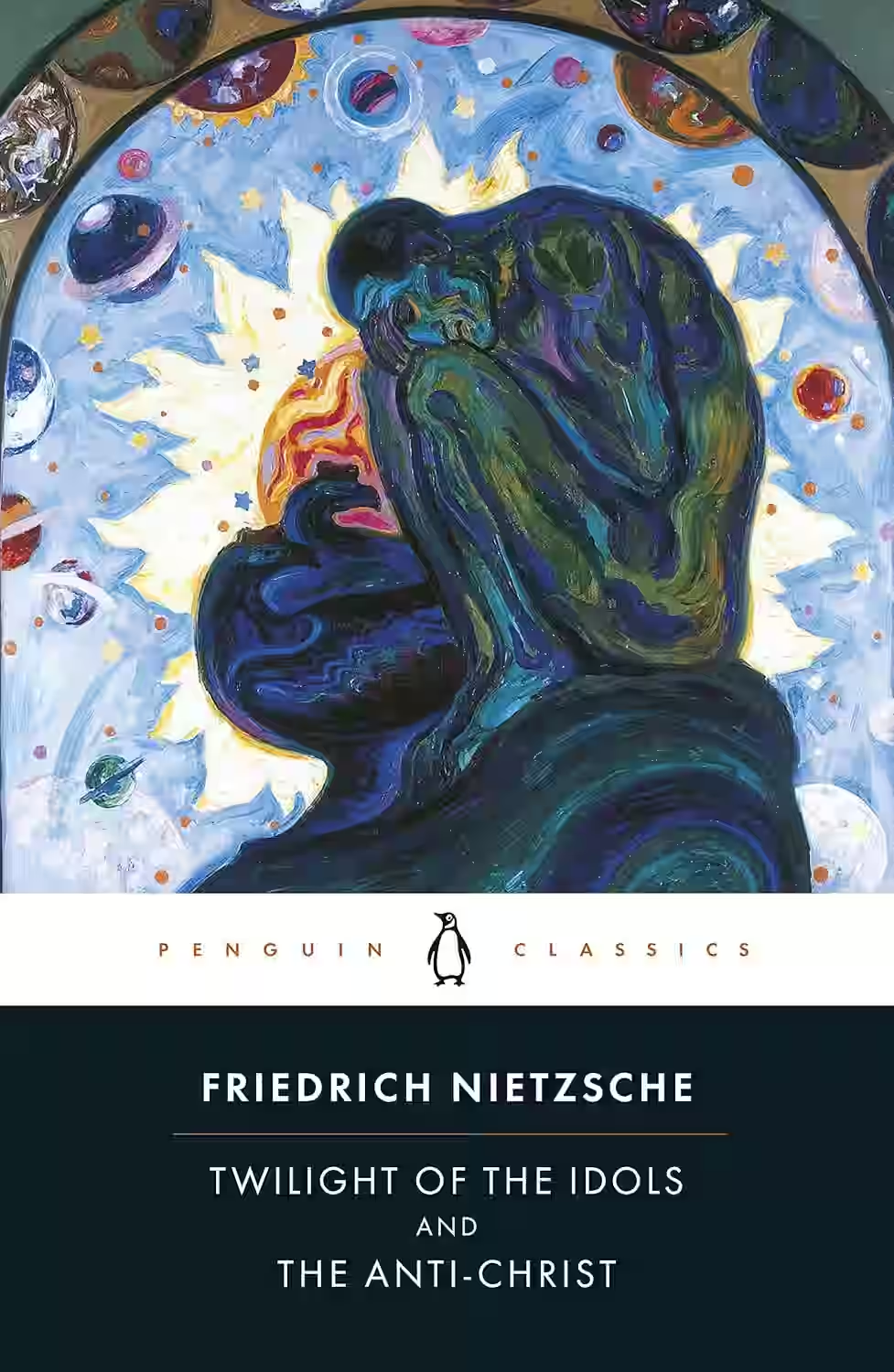
The Anti-Christ
Friedrich Nietzsche's 'The Anti-Christ' is a provocative and critical exploration of Christianity, morality, and the nature of religion. In this philosophical work, Nietzsche delves into his disdain for organized religion and the concept of God, arguing that Christianity has been detrimental to humanity's progress and self-realization. He challenges traditional Christian values and presents his vision of a new philosophy centered on individualism, strength, and the rejection of herd mentality. With his signature bold and confrontational style, Nietzsche forces readers to question their beliefs and confront the contradictions inherent in religious dogma. 'The Anti-Christ' remains a seminal work in Nietzsche's oeuvre, paving the way for existentialist and atheistic philosophies.
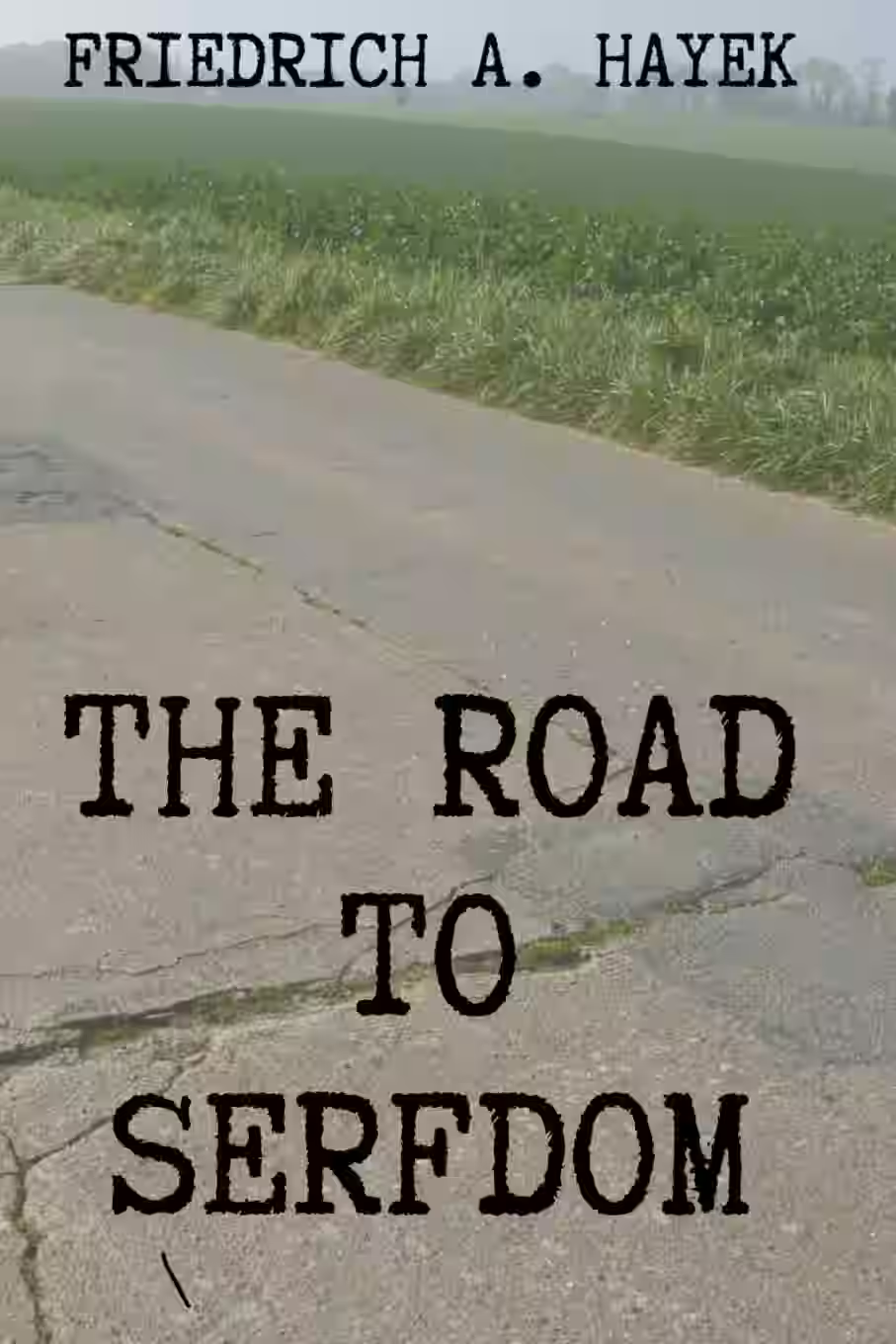
The Road to Serfdom
In 'The Road to Serfdom', Friedrich Hayek delivers a powerful critique of socialism, arguing that planned economies inevitably lead to authoritarianism and loss of individual freedoms. Through lucid prose and compelling arguments, Hayek warns against the dangers of central planning and advocates for free-market capitalism as a safeguard against tyranny. He explains how government intervention in the economy can erode personal liberty and stifle innovation. This influential work continues to shape political and economic discourse, challenging readers to reconsider the role of the state in society. 'The Road to Serfdom' remains a thought-provoking and relevant read for anyone interested in the intersection of politics and economics.

Pale Fire
Vladimir Nabokov's 'Pale Fire' is a brilliantly conceived novel that blurs the lines between poetry and prose, fiction and criticism. At its center is a 999-line poem by the fictional poet John Shade, accompanied by an extensive commentary by his self-appointed editor, Charles Kinbote. The novel masterfully unfolds through Kinbote's verbose footnotes, which reveal his obsession with both the poem and Shade himself. Themes of artifice, madness, and the nature of textual interpretation are explored as Kinbote's commentary becomes increasingly detached from the poem, presenting a narrative of his own deluded reality. 'Pale Fire' is a metafictional masterpiece illustrating Nabokov's genius for linguistic play and deceptive storytelling, challenging readers to discern layers of meaning beneath its complex surface.
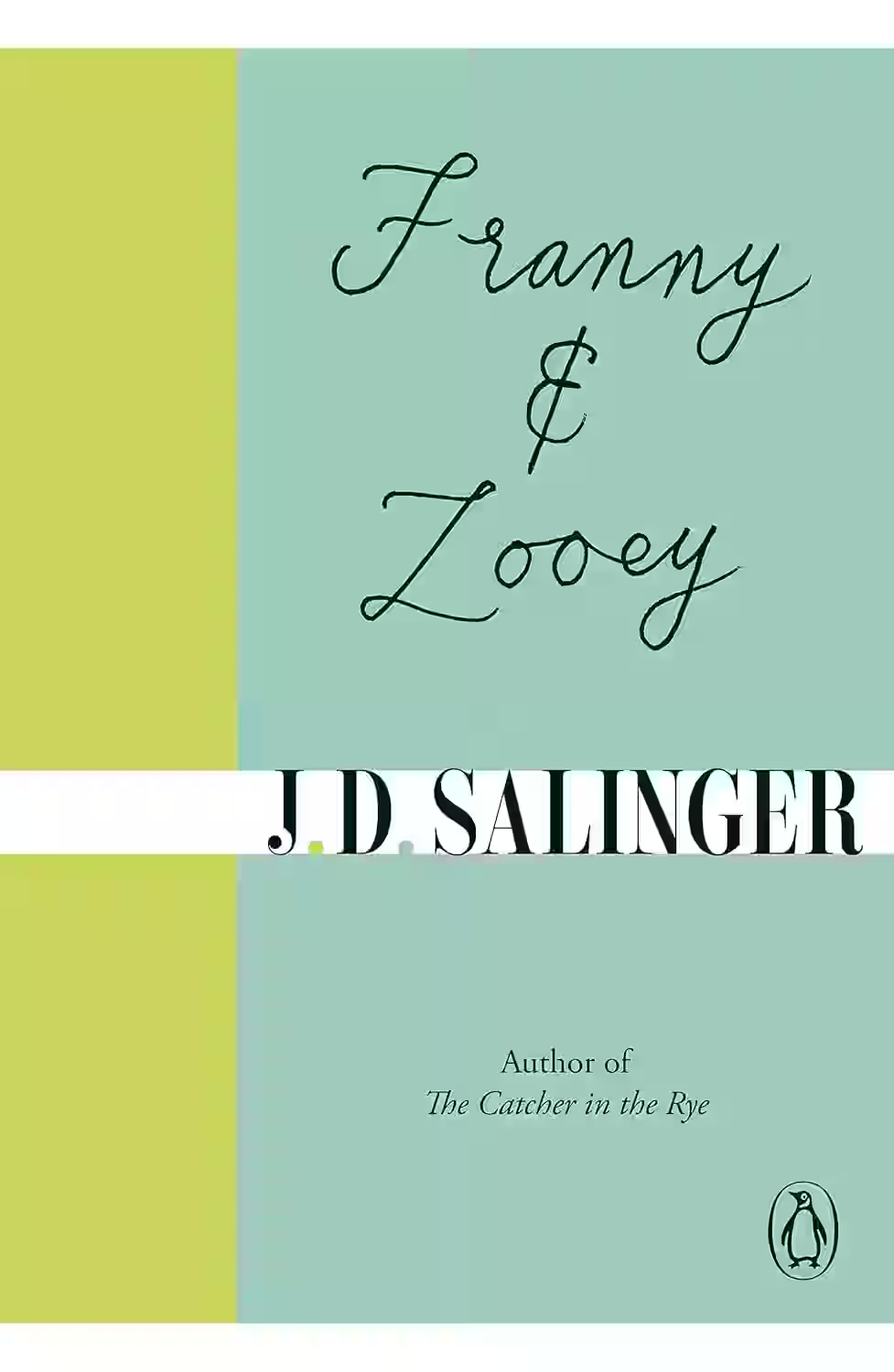
Franny and Zooey
J.D. Salinger's 'Franny and Zooey' is a compelling exploration of spiritual angst and intellectual unraveling within the affluent Glass family. The novel, which consists of a short story and a novella, delves into the existential crises of Franny Glass, a disenchanted college student, and her brother Zooey, an actor with a sharp wit and deeper understanding of his sister's turmoil. Themes of identity, religion, and the pressures of intellectual pretension permeate this work, which is noted for its incisive dialogue and rich character development. Salinger's unique narrative style captures the intricate dynamics of family and the quest for authenticity within a superficial society, leaving a lasting impact on readers who appreciate introspective literature.
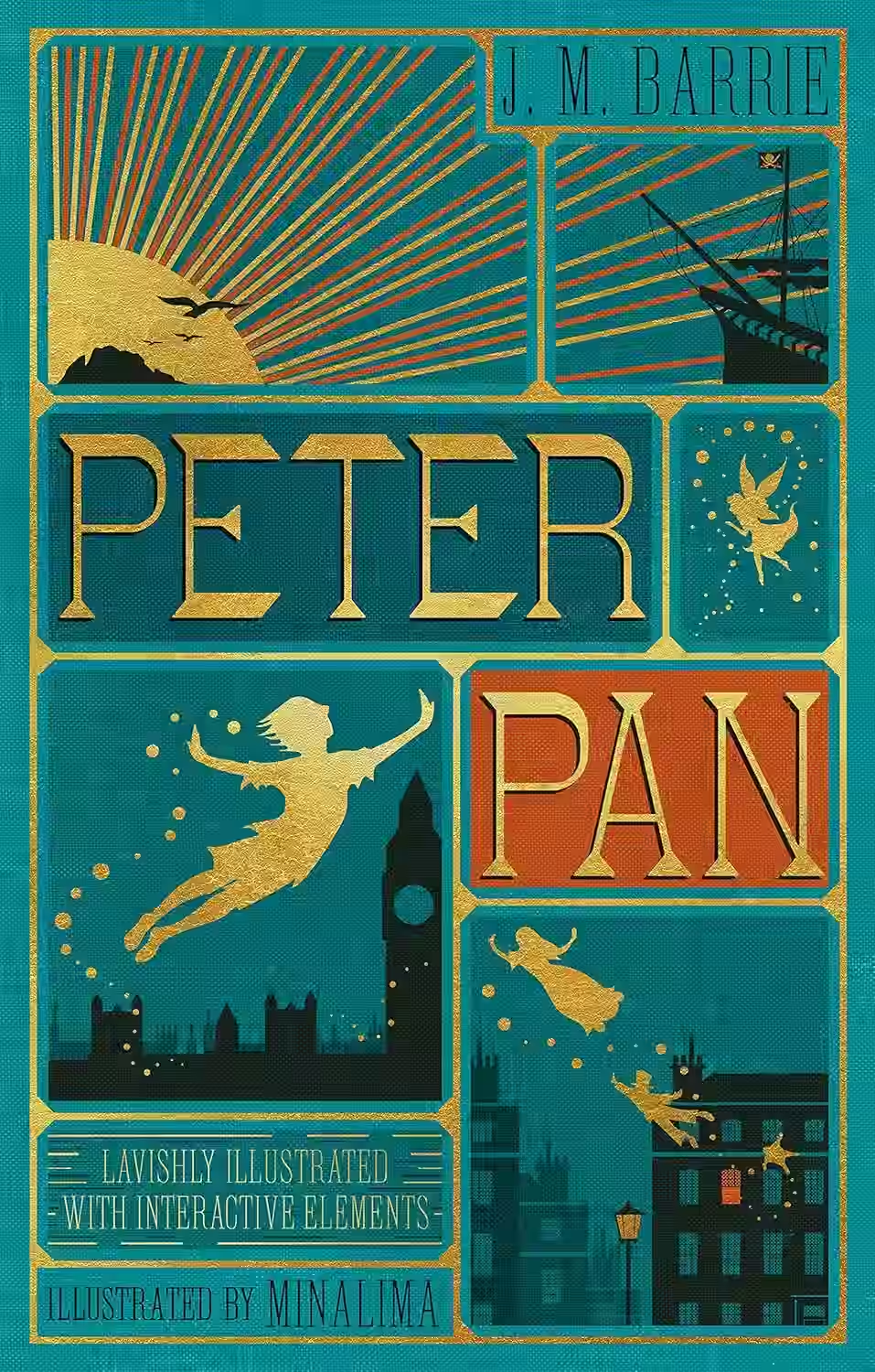
Peter Pan
by J.M. Barrie
Series: Peter Pan (#1)
J.M. Barrie's 'Peter Pan' is a timeless classic that transports readers to the magical world of Neverland, where adventure and whimsy abound. Central to the story is Peter Pan, the boy who refuses to grow up, and his enchanting journey with Wendy, John, and Michael Darling. The novel explores themes of childhood innocence, the inevitability of aging, and the bittersweet nature of nostalgia. Barrie's imaginative storytelling and rich character portrayals have captivated audiences for generations, making it a cherished piece of children's literature that resonates with both young readers and adults. The enduring allure of Neverland and its vivid characters underline the timeless conflict between the desires of youth and the responsibilities of adulthood. A crucial cultural touchstone, 'Peter Pan' has continued to inspire countless adaptations in various forms, underlining its lasting impact on literature and popular culture.
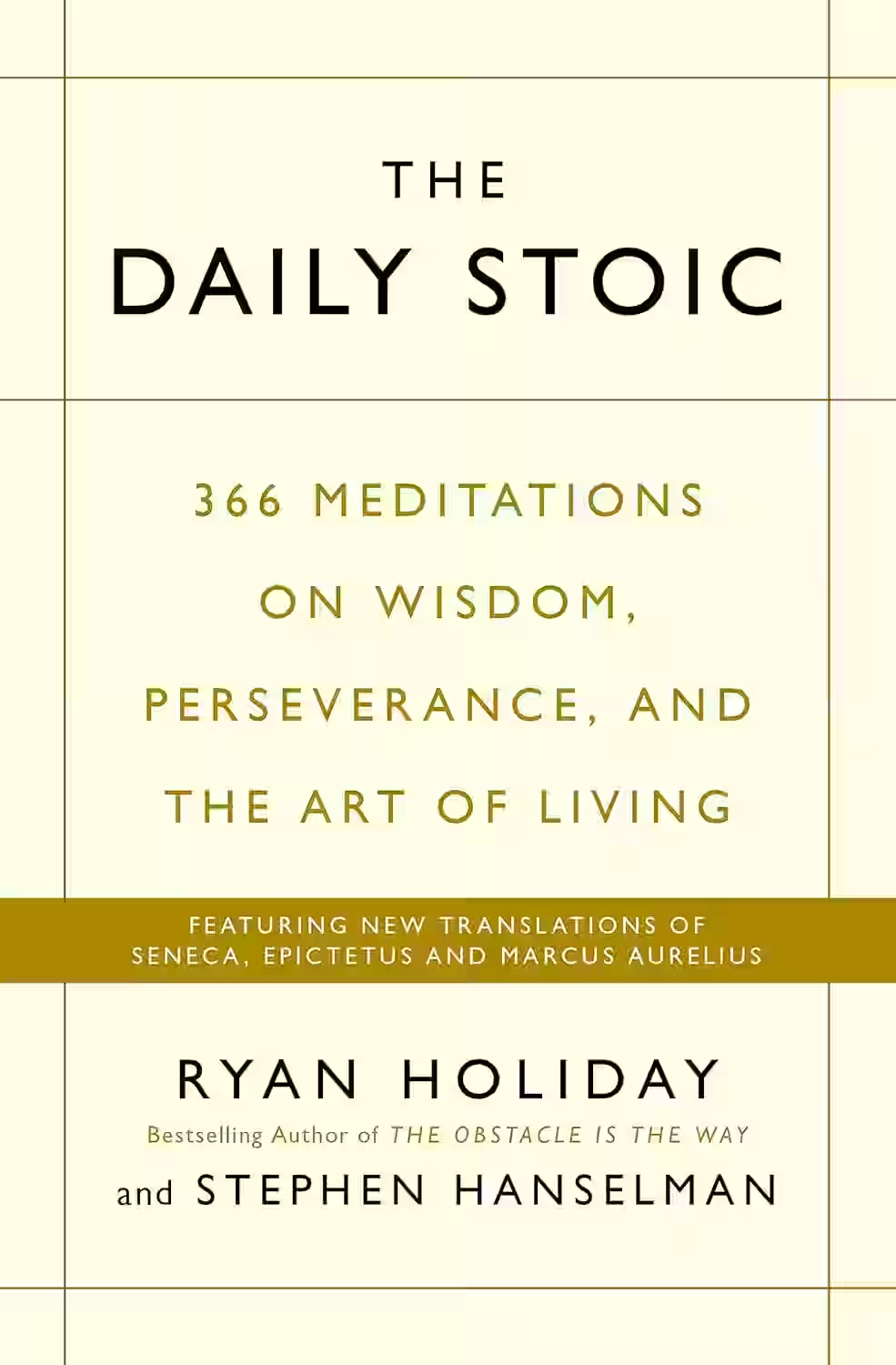
Daily Stoic
by Ryan Holiday
In 'Daily Stoic', Ryan Holiday offers a year-long journey into the wisdom of Stoicism, presenting readers with a daily meditation on topics like perseverance, self-control, and resilience. Each page provides insightful quotes from Stoic philosophers such as Epictetus and Seneca, coupled with Holiday's modern interpretations and actionable advice. The book encourages readers to reflect on timeless principles and apply them to their daily lives, fostering a mindset of clarity and purpose. 'Daily Stoic' serves as a practical guide for personal growth and philosophical introspection, making ancient wisdom accessible and relevant in the contemporary world.